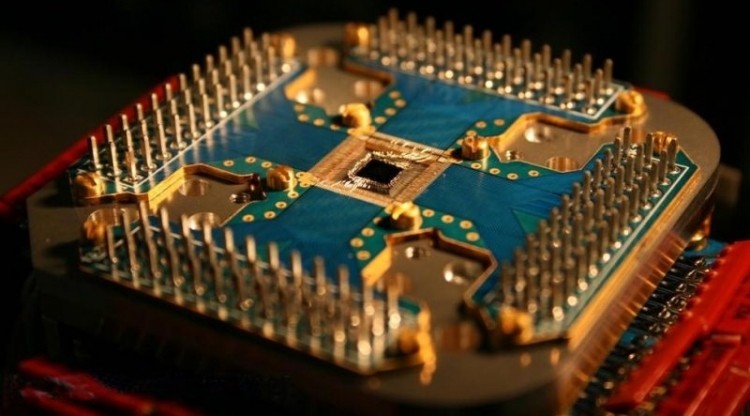
Computer scientists have been singing the praises of quantum computers for years but the question remains: How do they stack up against a traditional high-end PC? We finally have an answer to that question as Catherine McGeoch from Amherst College, Massachusetts, recently put a commercially available quantum computer from D-Wave through its paces.
The allure around quantum computing is that quantum bits, known as qubits, can take the value of 0 and 1 simultaneously (classic bits can only take the value of one or the other). In order for the system to be truly quantum, the qubits must be linked using the quantum property of entanglement. Conveniently, it’s impossible to determine that while the system is running. Data from McGeoch’s tests, however, provided indirect evidence of entanglement.
The D-Wave system is designed to solve a specific type of optimization problem – one that reportedly comes up in many practical applications like machine learning and image recognition. McGeoch pitted the D-Wave system against a high-end desktop computer running three leading algorithms and gave each system half a second to find the best solution to the optimization problem. This task was repeated with 100 different versions before adding more variables and a more complicated equation.
The quantum computer was able to find the best solution every single time within half a second. Of the three algorithms tested, the best of the three had to run for half an hour to match the performance of the D-Wave system on the largest problems. In other words, the D-Wave system proved to be roughly 3600 times faster than the best algorithm result.
Keep in mind of course that the D-Wave system is optimized for this kind of work. A more fair approach, according to Jeremy O’Brien of the University of Bristol, UK, would be to build a conventional processor optimized for this type of task.
D-Wave said they would prefer to spend their time convincing customers that they have a system that can solve problems more efficiently rather than wasting time on academic benchmarking. Developing real-world applications is much preferred.